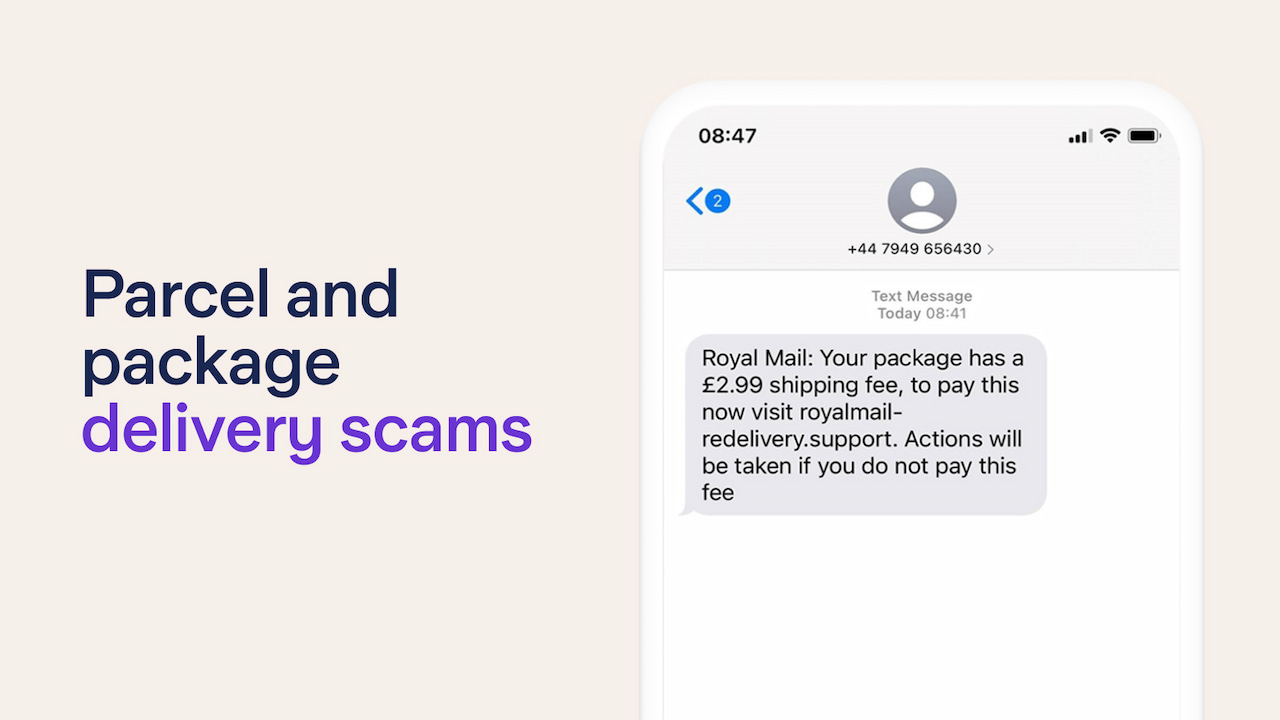In the digital age, online scams are becoming increasingly sophisticated. One such prevalent scam involves fake shipping companies. Scammers impersonate legitimate logistics businesses or create entirely fictitious shipping firms to deceive unsuspecting victims. This article delves into how these scams operate, tips for identifying them, and preventive measures you can take to safeguard yourself.
What Are Fake Shipping Company Scams?
Fake shipping company scams are fraudulent schemes where scammers pose as shipping or logistics companies to trick individuals and businesses into paying for non-existent services. These scams often target online buyers, sellers, and businesses that rely on shipping services. The fraudsters use fake websites, emails, phone calls, or social media to impersonate reputable shipping companies or to promote fabricated ones.
How Fake Shipping Scams Operate
- Fake Shipping Fees: Scammers may inform you that your package is stuck at customs or requires additional payment for delivery. They’ll ask you to pay a “fee” to release the package, which doesn’t exist.
- Phishing Emails: Scammers send fake emails that appear to come from legitimate shipping companies. These emails often contain links to malicious websites or attachments designed to steal your personal or financial information.
- Fraudulent Shipping Websites: Scammers create fake websites with names and designs similar to legitimate shipping companies. These sites trick victims into entering sensitive details or making payments.
- Vendor-Buyer Scams: In online transactions, fake sellers claim to use specific shipping companies and direct buyers to fraudulent websites for tracking and payment.
How to Spot Fake Shipping Companies
Identifying fake shipping companies can save you from financial loss and stress. Here are some red flags to watch for:
- Suspicious Website: Fake shipping company websites often have poor design, broken links, and grammatical errors. Check the domain name for odd spellings or extensions, as scammers often use domains that closely mimic legitimate companies.
- No Physical Address or Contact Information: Legitimate shipping companies always list their office locations and provide valid contact information. Fake companies may either omit these details or provide fake addresses and non-functional phone numbers.
- Unsecured Website: Look for “https://” and a padlock icon in the website’s address bar. Scammers rarely invest in securing their sites.
- Unusual Payment Requests: Be cautious if you’re asked to pay via wire transfer, cryptocurrency, or gift cards. These payment methods are nearly impossible to trace or reverse.
- Too-Good-To-Be-True Offers: Scammers often lure victims with incredibly low shipping rates or unrealistic guarantees.
- Lack of Reviews or Online Presence: If the company has little to no reviews online, it’s a significant red flag. Most legitimate companies have an online reputation and social media presence.
Measures to Avoid Falling Victim to Fake Shipping Scams
To protect yourself from these scams, consider implementing the following preventive measures:
- Research the Shipping Company: Before engaging with any shipping company, verify its legitimacy. Look up reviews and check its Better Business Bureau (BBB) rating.
- Verify Emails and Websites: Always double-check the sender’s email address and the website’s domain name. Contact the company directly using verified contact information if you’re unsure.
- Use Trusted Shipping Companies: Stick to well-known and reputable shipping companies for your transactions.
- Avoid Clicking Unknown Links: Be wary of emails or messages asking you to click on a link to track your package or make a payment. Navigate to the shipping company’s official website directly.
- Monitor Your Payments: Use secure payment methods such as credit cards or payment platforms with fraud protection. Avoid using untraceable payment methods.
- Educate Yourself and Others: Familiarize yourself with common scam tactics and share this knowledge with friends, family, and colleagues.
- Report Suspicious Activity: If you encounter a suspicious shipping company, report it to your local authorities, the Federal Trade Commission (FTC), or other relevant regulatory bodies. Reporting helps prevent others from falling victim.
What to Do If You’ve Been Scammed
If you suspect you’ve fallen victim to a fake shipping company scam, act quickly:
- Contact Your Bank: Inform your bank or payment provider immediately to block unauthorized transactions and potentially reverse the charges.
- Report the Scam: File a complaint with your local law enforcement, the FTC, or the Internet Crime Complaint Center (IC3).
- Warn Others: Share your experience to raise awareness and help others avoid similar scams.
Conclusion
Fake shipping company scams are a serious threat in today’s interconnected world. By staying vigilant and informed, you can avoid falling prey to these fraudulent schemes. Always verify the legitimacy of shipping companies, use secure payment methods, and report suspicious activities. Together, we can create a safer online environment and reduce the impact of such scams.














